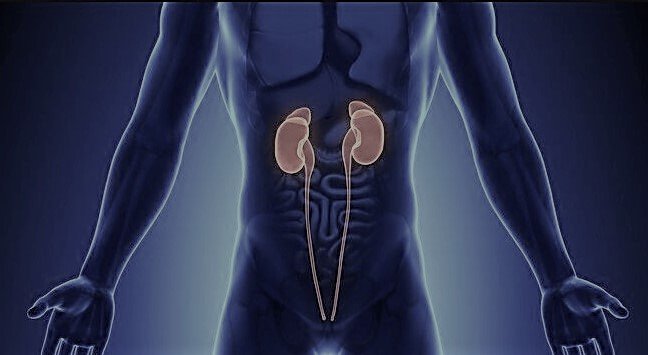Understanding Kidney Health: Function and Risks
Your kidneys are remarkable organs that play a crucial role in maintaining overall health. Often overlooked, these bean-shaped powerhouses perform several essential functions that keep your body running smoothly. They filter approximately 200 quarts of blood daily, removing waste products, balancing electrolytes, regulating blood pressure, and supporting bone health.
What Healthy Kidneys Do
Beyond waste removal, healthy kidneys are responsible for:
- Filtering toxins and excess water from the bloodstream
- Maintaining optimal blood pressure
- Producing hormones that support red blood cell production
- Regulating essential minerals like calcium and potassium
- Supporting bone metabolism
Potential Consequences of Kidney Disease
When kidney function declines, the potential complications can be serious. Chronic kidney disease (CKD) can lead to multiple health challenges, including:
- Complete kidney failure requiring dialysis
- Increased risk of heart disease
- Persistent high blood pressure
- Mineral and bone disorders
- Nerve damage
- Anemia
Assessing Your Kidney Disease Risk
Understanding your risk factors is the first step in proactive kidney health management. Several key factors can increase your likelihood of developing kidney problems:
Primary Risk Factors
- Diabetes: High blood sugar can damage kidney blood vessels
- Hypertension: Persistent high blood pressure strains kidney function
- Family History: Genetic predisposition plays a significant role
- Age: Risk increases after 50 years old
Warning Signs to Watch
Early kidney disease often presents subtle symptoms that many people overlook. Be alert for these potential indicators:
- Persistent fatigue
- Difficulty or changes in urination
- Foamy or unusually colored urine
- Increased thirst
- Frequent urination
- Swelling in face, eyes, and limbs
- Nausea and concentration difficulties
Natural Strategies for Kidney Health
Dietary Approaches
Your diet significantly impacts kidney function. Consider incorporating these kidney-friendly foods:
- Dark leafy greens
- Berries rich in antioxidants
- Fatty fish with omega-3 fatty acids
- Low-sodium options
- Moderate protein consumption
Hydration and Exercise
Staying hydrated is crucial for kidney health. Aim to drink at least 8 glasses of water daily and engage in regular physical activity. Exercises like walking, swimming, and cycling can improve blood circulation and support kidney function.
Herbal Support
Some herbal remedies might support kidney health, including:
- Dandelion root
- Juniper berries
- Turmeric
Important: Always consult healthcare professionals before starting any herbal supplement regimen.
Proactive Monitoring
Regular medical check-ups and kidney function tests are essential. Recommended tests include:
- Estimated Glomerular Filtration Rate (eGFR)
- Urine Albumin-to-Creatinine Ratio (UACR)
- Blood pressure monitoring
Final Recommendations
Protecting your kidney health requires a holistic approach combining diet, exercise, stress management, and regular medical supervision. By implementing these natural strategies and staying informed, you can significantly reduce your risk of kidney disease and maintain optimal renal function.






